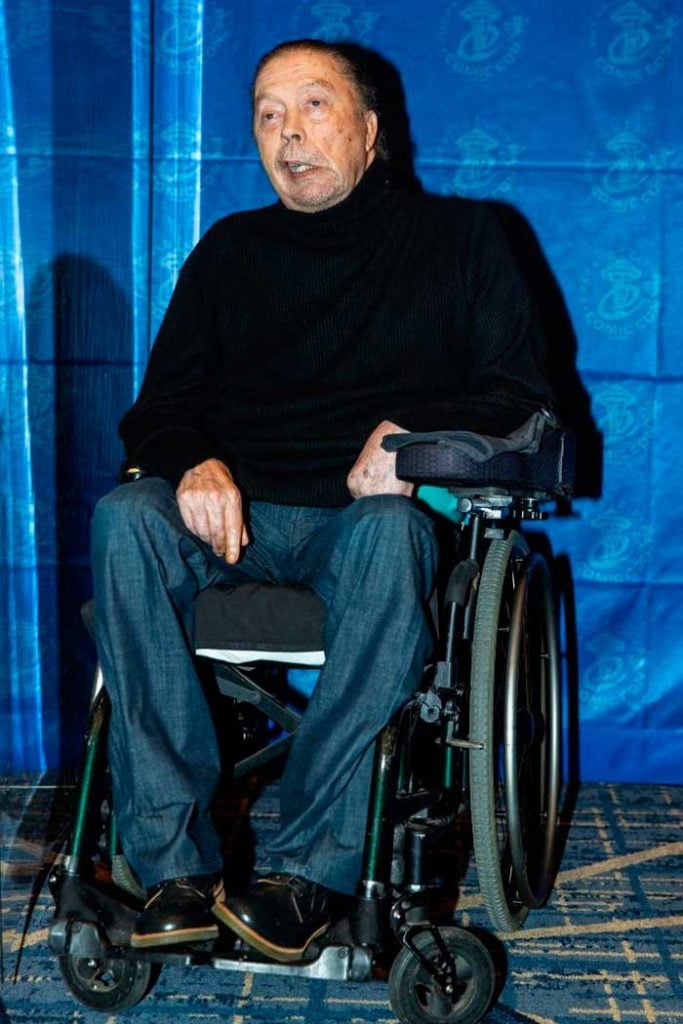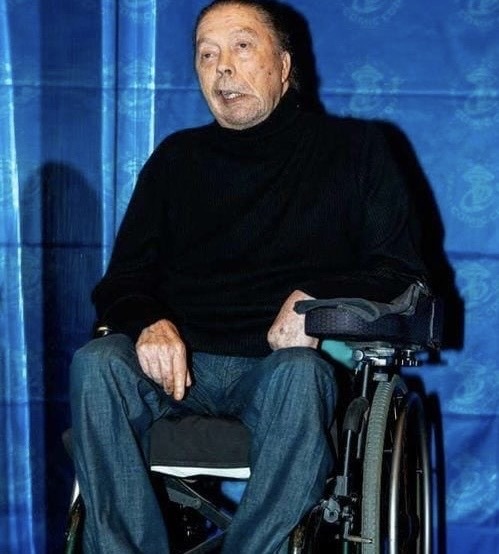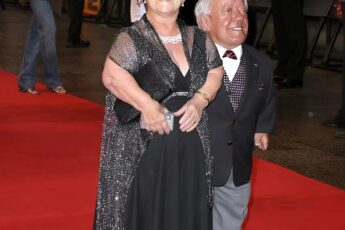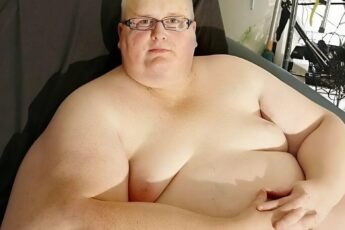You probably wouldn’t recognize the person in this picture at first glance. It’s shocking, really, how time can change someone so drastically. When you learn the real name of the individual in the photo, the whole perspective shifts, and it’s then that fans are hit with an overwhelming sense of nostalgia and disbelief. After you see some of the old pictures of this actor in the comments, I guarantee you’ll recognize him instantly, even if his current appearance might seem almost unrecognizable.
Looking back at his earlier days, it’s almost impossible not to feel a wave of familiarity when people mention Tim Curry. For many of us, he’s an icon—an artist who has truly left a mark on pop culture over the decades. Those golden old photos bring him back to his prime, and suddenly, he’s as alive in our memories as he was on the big screen or on the stage. You’ve probably seen his face before, even if you didn’t realize it at first. His distinctive features, those expressive eyes, and that charismatic smile used to light up the screen so effortlessly.

Many of us first encountered Tim Curry in the movie “Home Alone,” where he played Mr. Hector, the slightly mischievous yet memorable concierge. That role, minor as it was, stuck with audiences because Curry’s comedic timing and playful energy made the character stand out. Of course, he’s perhaps most famously remembered for his role as Pennywise the Dancing Clown in the chilling, iconic film “It.” That performance was nothing short of legendary—it cemented his place as a versatile actor capable of both comedy and horror with remarkable ease.

Curry’s voice has also been a staple in countless cartoons we grew up with, lending his distinctive tone to various characters across animated series and films. His voice work in animated movies and TV shows is often overlooked but equally impressive. Plus, his presence in a number of cinematic classics over the years has created a legacy that’s hard to match. It’s fascinating to think about how he’s managed to adapt and thrive across so many genres, from dark horror to family-friendly animations, always leaving a memorable impression.
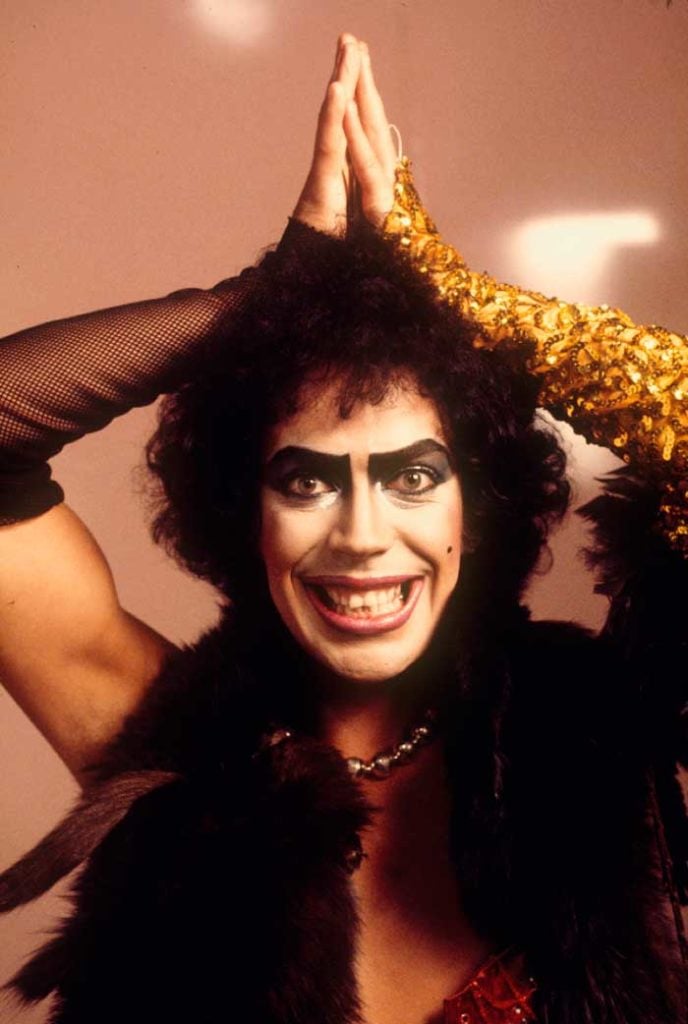
Yet, despite his vibrant career, aging has taken a toll on him. At 77 years old, he still doesn’t show signs of sagging into the typical Hollywood decline. But it’s evident that he’s faced significant health challenges. Most notably, he suffered a stroke, and that loss of mobility and independence has changed his life in profound ways. Watching recent pictures of him—how he appears now—can be quite unsettling for fans who remember his lively, energetic self. It’s difficult not to feel a sting of sadness seeing someone who once radiated so much vitality now struggling with basic movements. Many fans comment with sad and loving words, expressing their hope that he finds peace and comfort, wishing him well during what I’m sure has been a tough journey.

Even with such stark behavioral and physical changes, the affection for Curry remains unbroken. Fans continue to cherish the memories of his performances and the joy he brought into their lives. They leave heartfelt comments like “Tim, we remember you young and healthy,” or “What a shame,” and “Such a brilliant and talented artist.” Words like “It can’t be,” and “I don’t want to believe it,” reflect how deeply his fans feel about his condition and how much they miss seeing that vibrant, magnetic actor they grew up with. Despite everything, their admiration and support shine through. They continue to celebrate his achievements, his unique talent, and the undeniable impact he made on the film industry.

Looking at those old photos, it’s a reminder of what a remarkable artist Tim Curry is. Seeing his youthful, energetic self makes it even harder to accept the changes brought by age and health issues. Yet, that doesn’t diminish the admiration fans hold for him. If anything, it makes their messages more heartfelt, more genuine. They want him to know that his work isn’t forgotten—that, no matter what, he remains a top actor in their eyes, an irreplaceable figure who helped define a generation.
